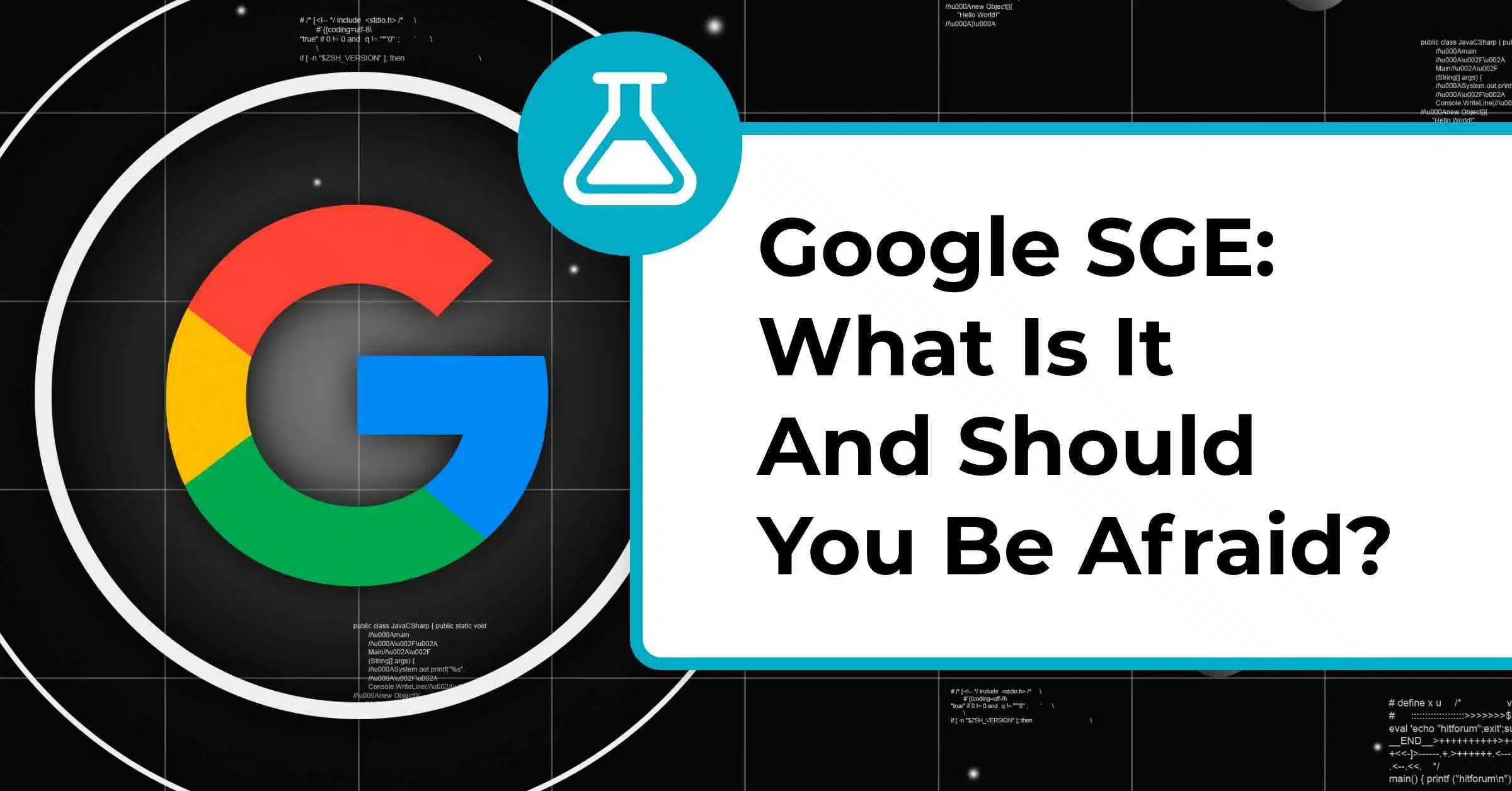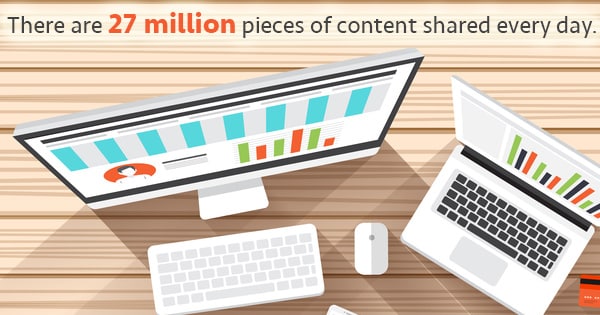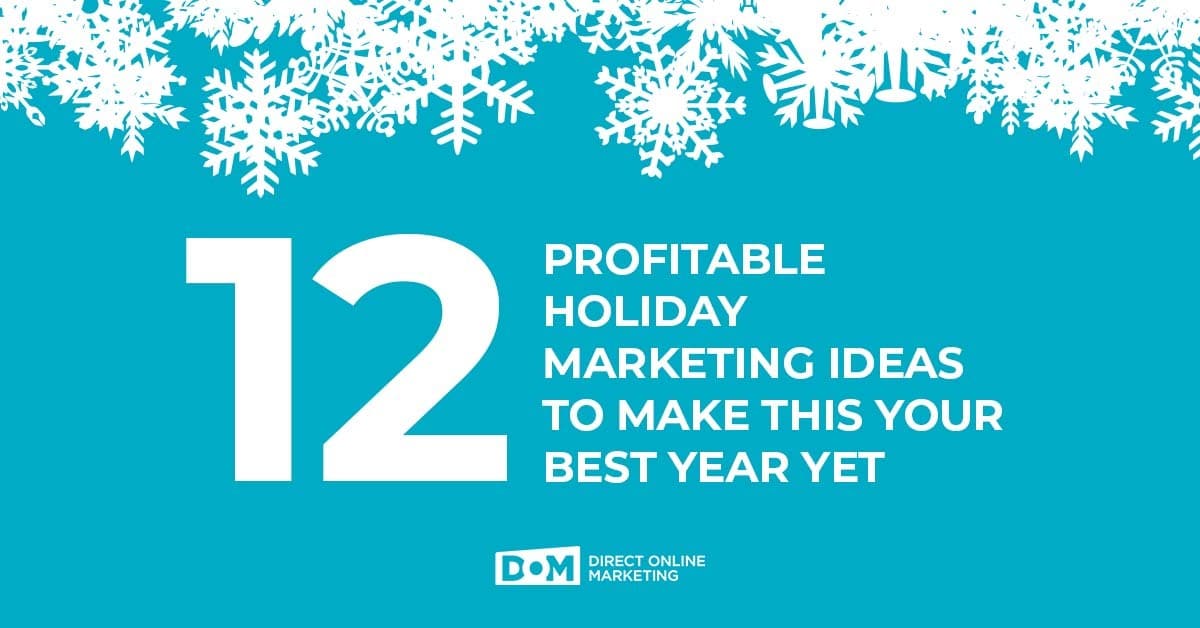It’s official! I am comedy gold – well maybe bronze; and I’ll probably have to give that back once I fail my urine test.
For the past couple of nights I’ve been as funny as Jon Stewart without his writers.
Do you recall his skit a couple of nights ago about the political magpie Mitt Romney and his catchy, spontaneous banter with his supportive minions where Mitt would say something and the crowd would yell, “But they haven’t!”, in a ridiculously lame attempt to piggyback and emulate Barack’s “Yes, we can.”?
Well I cracked the same gags as Jon Stewart did last night….BUT AS MITT WAS MAKING HIS LIVE SPEECH ON MONDAY!
(It’s at around 2 mins 30 secs, if you remotely care.)And then the night previously (that would be Tuesday), I turned Jon Stewart on to find him cracking the same gag I’d made about that new drug that’s being peddled to ‘cure’ restless legs syndrome but has the side effect of an increased chance of gambling addiction. I kid ye not.
Honestly, this writer’s strike needs to end now – I’m losing all my best material. Even Steph cracked a smile – albeit one of those sympathetic ones only a wife can give you.
But I’d never heard of ‘restless leg syndrome’ until I came to these shores and Steph used to claim she had it. I can assure you that no such thing exists over in the UK. That’s the thing with socialized health care, you can’t afford to pander to fictitious ailments as the real ones cost enough as it is.
But it isn’t the case over here. A new study has recently estimated that pharmaceutical companies spend almost twice as much on advertising than they do on development and research.
But then we have the even more alarming statistics that prescription drugs account for nearly ten times the amount of deaths as recreational drugs.
While approximately 10,000 per year die from the effects of illegal drugs, an article in the Journal of the American Medical Association (JAMA) reported that an estimated 106,000 hospitalized patients die each year from drugs which, by medical standards, are properly prescribed and properly administered. More than two million suffer serious side effects.
An article in Newsweek put this into perspective. Adverse drug reactions, from “properly” prescribed drugs, are the fourth leading cause of death in the United States. According to this article, only heart disease, cancer, and stroke kill more Americans than drugs prescribed by medical doctors. Reactions to prescription drugs kill more than twice as many Americans as HIV/AIDS or suicide. Fewer die from accidents or diabetes than adverse drug reactions. It is important to point out the limitations of this study. It did not include outpatients, cases of malpractice, or instances where the drugs were not taken as directed.
According to another AMA publication, drug related “problems” kill as many as 198,815 people, put 8.8 million in hospitals, and account for up to 28% of hospital admissions. If these figures are accurate, only cancer and heart disease kill more patients than drugs.
It’s hard not to draw a correlation between pharmaceutical advertising and the prescribed drug culling of a nation. I mean, really, what on earth is going on here?
The concept of the pharmaceutical industry inventing conditions and advertising drugs for those conditions is fairly sordid to put it mildly. The idea that legal prescription drugs, properly prescribed by doctors, are the fourth biggest killer in America is nothing short of criminally insane.
But, before I create my own little moral panic and start hyperventilating into a small brown bag and scouring the search engines for anxiety attack medication, we have a new study that claims the Internet is the most popular resource for healthcare information.
The study finds that one-third of online health searchers use social media resources, and search engines dominate as the starting point for healthcare searches.
Among the key findings of the study:
- Internet is the most widely used resource for health information. 59 percent of adults use online resources to obtain health and wellness information. 55 percent go to their doctors and 29 percent talk to relatives, friends or coworkers.
- Doctors retain patients’ trust. Not surprisingly, more than three-quarters of consumers named healthcare professionals (primary care physicians, specialists, nurses, and pharmacists) as their most trusted health resource. Internet resources, however, are considered by respondents more trustworthy than friends/coworkers, pharmaceutical companies and television.
- General search engines dominate. Two-thirds of online adults have used general search engines (e.g. Google, Yahoo!, MSN and Ask) to find health-related information, making them the default gateway for this as well as many other topics; usage of health-specific search engines – such as Healia, Medstory, Fealth, Kosmix and Healthline – is minimal by comparison.
- Social media an important health resource. 34 percent of health searchers use social media resources to delve into health-related topics, with Wikipedia and online forums and message boards the most important individual tools. Social media holds a particular appeal for 18- 34-year-old health searchers; overall, men appear more likely than women to use online social media to research health and wellness issues.
- Online activity revolves around symptoms, treatment and diseases. Those are by far the main focus of consumer attention online, with 84 percent of health searchers turning to online social spaces to educate themselves about a disease or a condition.
Blimey, more people use the Internet for healthcare information than they do their doctor! But maybe that’s got more to do with the health system than the Internet. It also might have more to do with people not wanting to be part of the big pharmaceutical scheme of things.
But at least doctors retain their number one spot when it comes to most trusted resource. Although we all know they receive kickbacks for prescribing certain drugs by the pharmaceutical companies. (The article is also well worth the read to see all the other things drug companies get up to, including getting Lauran Bacall to slip drug references into anecdotes on the Today program.)
The wheels turn, the earth spins about its axis, and the cycle continues…..


